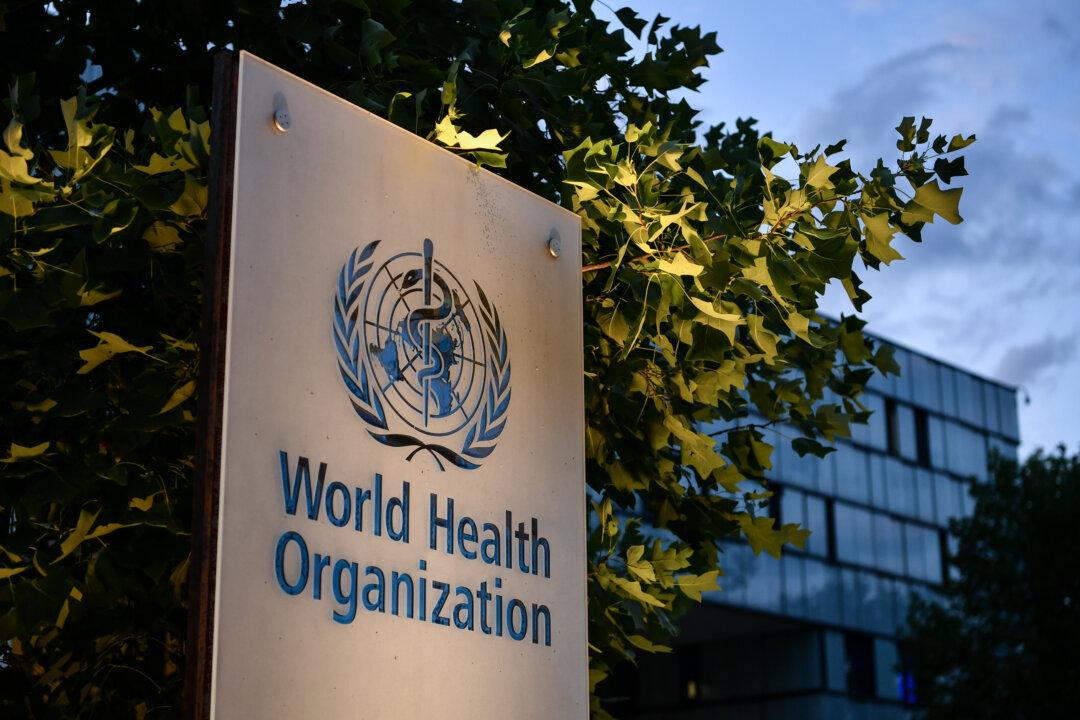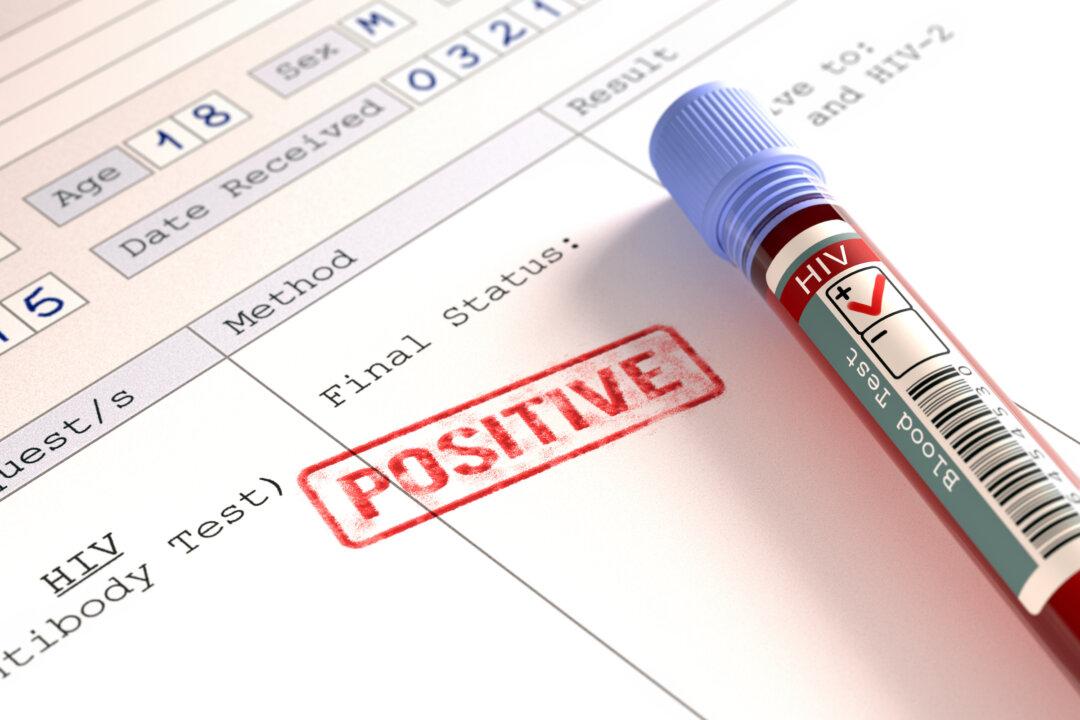Commentary
The World Health Organization (WHO) is urging the U.S. government and 193 other governments to commit this month to a new global treaty to prevent and manage future pandemics. Current estimates suggest that more than $31 billion per year will be needed to fund its obligations, a cost that most lower-income countries cannot afford. But that isn’t the only reason to oppose it. Validating this treaty is a vote for the disastrous policies of the COVID-19 years. Rather than taking time for deep reflection and serious reform, those pushing the pandemic treaty are set on ignoring and institutionalizing the WHO’s mistakes.



